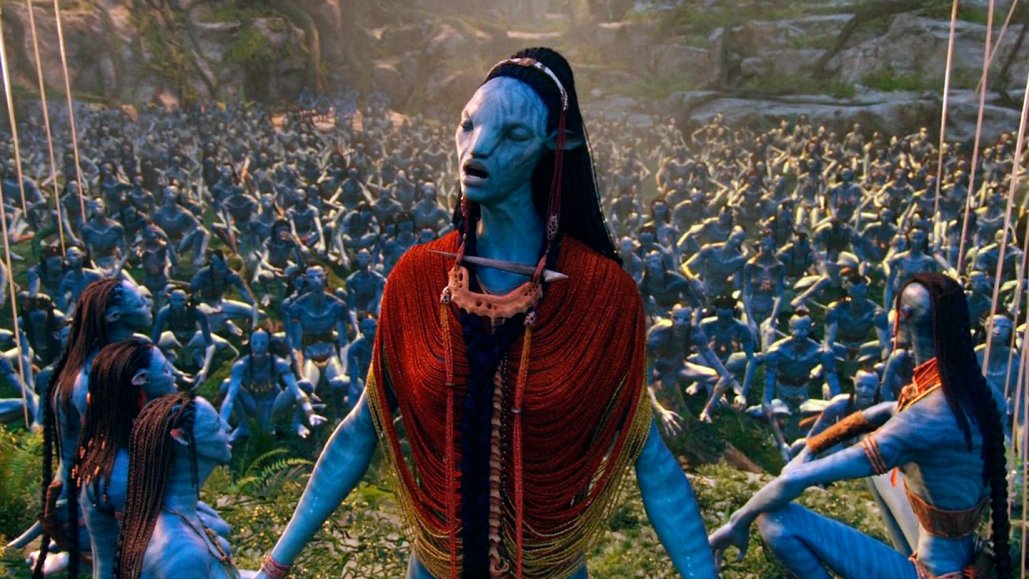
Humans
How to invent a language — like that of Avatar’s Na’vi
Linguists can choose to follow, mix or break the rules of real-world languages to create interesting fictional ones.
Come explore with us!

Linguists can choose to follow, mix or break the rules of real-world languages to create interesting fictional ones.

These zit patches use some innovative geometry to anchor onto skin. This solves one problem that’s hindered other uses of microneedles for drug delivery.

For ants, teamwork makes the dream work. For humans, teamwork can be a trip-up.

While “binaural beats” may boost attention, his research shows video game music is distracting.

The handheld printer might someday apply bone-repair patches directly onto fractures — complete with antibiotics to prevent infection.

Margaret Ransdell-Green draws on her expertise in linguistics and music to create new, fictional languages — and sings in them, too.

The corpses had been slow-dried over fires 12,000 years ago — millennia before Egyptians began mummifying their dead.

This bizarre collection of “standard reference materials” help ensure the safety of waterways, buildings, medicines, foods and much more.

Cocoa beans matter, but yeast and bacteria may be the real secret to fine chocolate flavor.

Humans need 13 different vitamins to stay healthy. Most come from the food we eat. Others are made in our bodies.